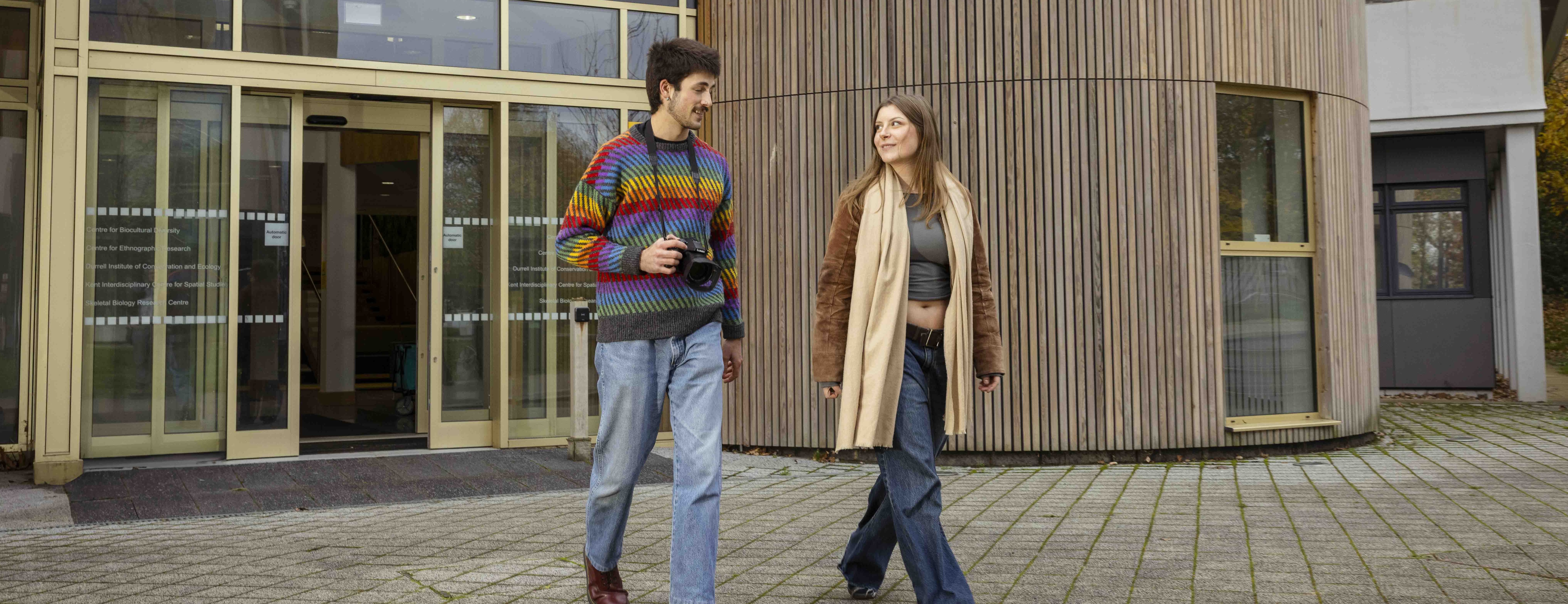
Hi Laura, thanks for being this month’s spotlight! Can you tell us a bit about your role at DICE?
I recently joined DICE as an Innovation Fellow on the E3 Sharing Space for Nature initiative. My role is to apply our expertise to support organisations in meeting their conservation goals. Biodiversity is getting more attention than ever, with ambitious pledges being made by entities ranging from local NGOs, to national governments and large multinational corporations. To make this count, their actions must be based on sound evidence and scientific principles. That’s where our Innovation Team comes in, to bridge DICE’s research on conservation and ecology with practice! It’s a daunting but extremely exciting challenge to get this off the ground and create a positive impact.
What are your research interests?
My core motivation is understanding how we can balance biodiversity conservation with the ongoing drive for global economic development. It’s a huge topic and I’ve moved between academia, research and consultancy to understand this challenge more holistically. This has included investigating ecosystem services on British farmland, understanding how people use plants in Colombia, and assessing the biodiversity impacts of infrastructure projects across the world. It’s shown me there’s still a big gap between research and practice, which is what attracted me to the Innovation Fellow role! Right now, I’m focusing on how we can do spatial conservation planning in a way that is based on the sound ecological principles, while being inclusive of local knowledge and aligning with policy needs. I’m also interested in developing more research on the growing relationship between business and biodiversity and I just love ethnobotany as a subject! Understanding people’s traditional uses of plants brings together so many of my passions (food, religion, culture, botany, etc.) and I’ve found it to be a great way to get people excited about plants and conservation.
Finally, can you tell us a fun fact about yourself?
I’ve got a habit of asking strangers if I can help in the kitchen! It’s led to flipping corn tortillas in a Honduran forest, cooking sticky rice on an open fire in Thailand, and frying patacones in a Colombian village. It stemmed from a love of food, but has created some of my most intimate fieldwork moments and was a big driver for me to more formally include local people in my research.
